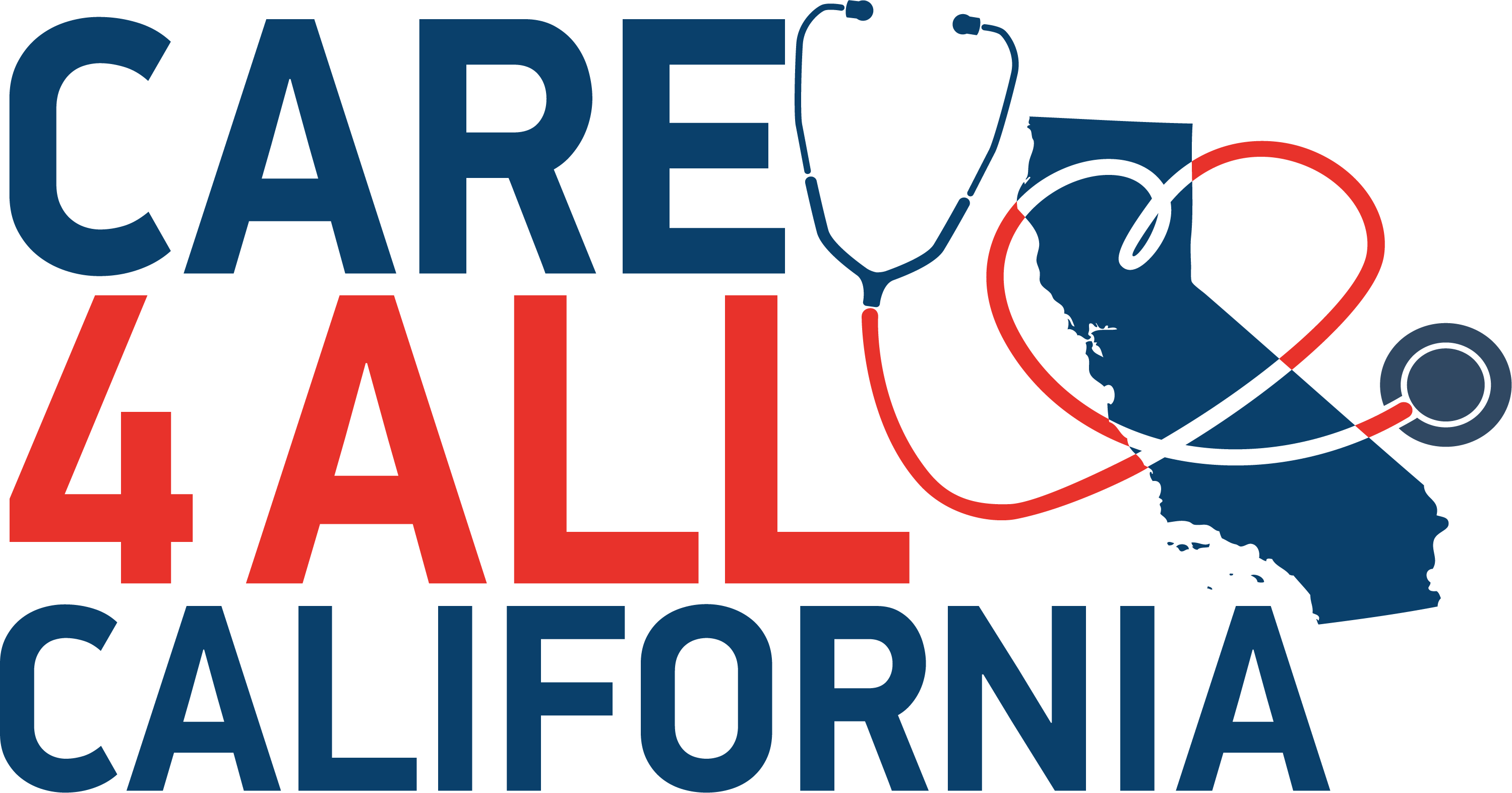This package of legislation builds on the progress California has made implementing and improving on the Affordable Care Act over the last decade and a half, having led the nation with the biggest drop of the uninsured rate of any state. Our coalition of over 70 organizations seek additional and bold action to achieve a high quality health care system that is universal, affordable, and equitable to all Californians and counters federal threats to our health care system. These are steps California can take now, without the need for constitutional amendments, federal approvals or Acts of Congress – urgent actions that are complementary with longer-term goals and reforms.
COVERING ALL CALIFORNIANS TOWARDS UNIVERSAL ACCESS: California can continue to lower our uninsured rate, and prevent barriers and gaps in care though the following actions:
- AB 4 (Arambula): Removing Barriers to Covered California Based on Immigration Status, Toward #Health4All expands access to Covered California by allowing all Californians, regardless of immigration status, to purchase health insurance through the marketplace. AB 4 requires Covered California to execute a mirror exchange program on its own to expand coverage to undocumented people. [Sponsored by California Immigrant Policy Center and Health Access California] Status: Assembly Appropriations.
- SB 242 (Blakespear) Medigap Protections ensures that people on Medicare Supplemental Insurance, known as Medigap, are protected from being penalized for having pre-existing medical conditions the same way all Americans are protected in the regular private health insurance markets. [Sponsored by The Leukemia & Lymphoma Society] Status: Senate Health.
- SB 363 (Wiener): Health Plan Accountability: Denials, Delays and Modifications requires reporting of health plan denials and modifications of provider recommended care that should be disaggregated for children and youth as well as an assessment of fines on health plans with significant rates of overturned internal medical reviews. [Sponsored by Children Now] Status: Senate Appropriations.
- AB 280 (Aguiar-Curry): Ensuring Accurate Health Plan Provider Directories creates a path to improved provider directories through accuracy benchmarks for health plans. The bill would also improve accuracy of reporting by plans and insurers for compliance with network adequacy and timely access to care standards, and prohibit plans from advertising inflated numbers for their insurer networks. [Sponsored by Health Access] Status: Assembly Appropriations.
- SB 530 (Richardson): Strengthening Access to Medi-Cal Providers extends compliance to Medi-Cal plans that delegate responsibility, enhances alternative access standards requirements, permanently extending Medi-Cal plan provider access standards. [Sponsored by Western Center on Law and Poverty and National Health Law Program] Status: Senate Appropriations.
ADVANCING EQUITY TO ADDRESS HEALTH DISPARITIES: Our state’s health care system can work better for and meet the diverse needs of more Californians with the following actions:
- AB 55 (Bonta): Freedom to Birth Act will make licensure of Alternative Birth Centers (ABC) more accessible to provide maternal care by removing unnecessary requirements that do not affect patient safety including the requirement that the ABC be a Comprehensive Perinatal Service Provider. [Sponsored by Western Center for Law and Poverty, Black Women for Wellness Action Project, CA Black Women’s Health Project, Certified Nurse Midwives Association, American Association of Birth Centers CA Chapter, California Association of Licensed Midwives] Status: Assembly Appropriations.
- AB 403 (Ortega): Community Health Workers and Promotores Medi-Cal Benefit & Services Transparency will require DHCS to analyze and provide a report on the CHW/P/R Medi-Cal benefit by July 1, 2027. The report will gather non-identifying workforce data, including demographics, service types, regions, and provider details, assess Medi-Cal outreach strategies, collect data on reimbursement for CHW/P/R services, and DHCS must publicly report the total reimbursement amount for providers and supervising entities. [Sponsored by Latino Coalition for a Healthy California, and the California Pan Ethnic Health Network] Status: Assembly Appropriations.
- Budget: Medi-Cal reimbursement rate for Community Health Workers/Promotoras/Health Representatives (CHW/P/Rs) to reestablish the CHW/P/R rate increase that was rendered inoperable as a result of the passage of Prop 35, and $15M one-time to support infrastructure for regional hubs to streamline billing and administrative processes, address workforce shortages, and improve uptake of CHW/P/R services in Medi-Cal. [Sponsored by California Pan Ethnic Health Network, the Latino Coalition for a Healthy California, and The Children’s Partnership]
PROTECTING PATIENTS FROM HIGH MEDICAL COSTS: California can address the rising cost of care and relieve the burden of high medical debt with the following actions:
- AB 1312 (Schiavo): The Patient Debt Prevention Act will require all hospitals to pre-screen patients for eligibility for discount and charity care under the Hospital Fair Pricing Act which will ensure more patients receive the financial assistance that they are eligible for, seek care when they need it, and prevent more families from falling into medical debt. [Sponsored by Health Access, California Pan-Ethnic Health Network, the Lymphoma and Leukemia Society, and Rising Communities] Status: Assembly Health.
- Budget (Asm Schiavo and Sen Rubio): MediCal Share of Cost Reform proposes to raise the ‘maintenance need income level’ in the medi-cal share of cost program to 138% FPL, so older adults and people with disabilities don’t have to impoverish themselves to get access to medi-cal services. [Sponsored by Western Center on Law and Poverty and Justice in Aging]
BOLSTERING OUR HEALTH CARE SYSTEM FROM FEDERAL ATTACKS: Our health care system is under threat from a hostile federal administration, but the following priorities can help protect Californians:
- Budget (Boerner): Continuous Coverage for Children 0-5 on Medi-Cal proposes protections to ensure continuous, stable Medi-Cal coverage for Californians by extending unwinding flexibilities and continuous Medi-Cal eligibility for children ages 0 through 5. [Sponsored by The Children’s Partnership, Western Center on Law & Poverty, Children Now, Maternal and Child Health Access, National Health Law Program, March of Dimes, First 5]
- Budget (Boerner): Protect Medi-Cal Coverage Gains Through Permanent Extension of Unwinding Flexibilities preserves access to health care, prevents unnecessary coverage losses, and promotes health equity for nearly 450,000 low-income Californians at risk of losing their Medi-Cal coverage for paperwork reasons as the federal flexibilities are set to expire on June 30, 2025. [Sponsored by Western Center on Law and Poverty]
- Budget (Asm Schiavo and Sen Perez) Reinstate Covered California State Premium Subsidy Program to safeguard the full amount of California’s Health Care Affordability Reserve Fund to restore our state premium assistance program and partially backfill Federal premium subsidies at risk under the Trump Administration. While these funds won’t replace the full $1.7B federal investment, they can prevent a catastrophic drop off in affordability in 2026. [Sponsored by Health Access]

